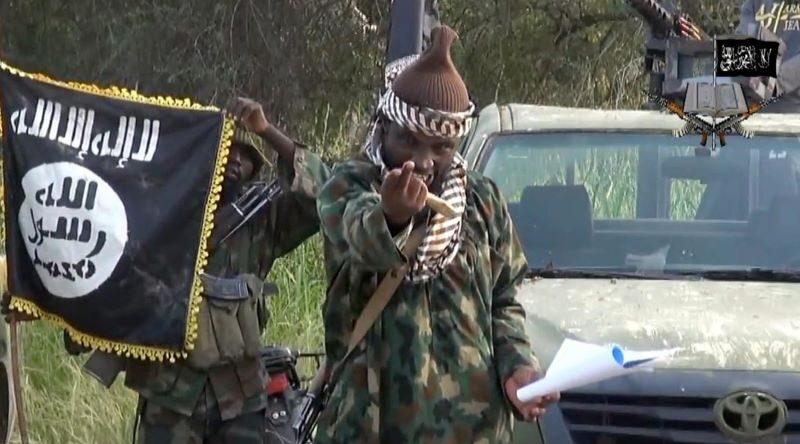FORMER Nigerian Army spokesperson, Brigadier General Sani Usman (rtd.), has disclosed that Boko Haram’s propaganda machinery once posed a deadlier challenge to Nigeria than the militants’ guns and bombs.
News Point Nigeria reports that speaking on Saturday during the 35th anniversary celebration of the Nigerian Institute of Public Relations (NIPR), FCT chapter, Usman said the military faced a credibility crisis at the peak of insurgency particularly in 2014 when the public seemed more inclined to believe Boko Haram’s threats than official assurances.
“We fought two wars simultaneously, a physical war against insurgents on the ground and an information war against their digital propaganda and misinformation network,” he stated.
He noted that the insurgents, led at the time by Abubakar Shekau, consistently executed threats they issued, creating a perception among citizens that their word was more reliable.
“In 2014, the average Nigerian didn’t know whom to believe, the insurgents or the government,” he added.
Usman, who served as the Director of Army Public Relations, explained that Boko Haram leveraged emerging technologies to influence public perception.
The group used platforms such as YouTube for recruitment, intimidation, radicalisation and global messaging.
“They exploited the Internet to build followers, whip up sentiment, instill fear and shape narratives. At a point, mere mention of ‘Boko Haram’ or Abubakar Shekau openly could put you in danger,” he revealed.
Boko Haram gained worldwide notoriety after abducting nearly 300 schoolgirls from Chibok in April 2014, a turning point in the insurgency’s global propaganda success.
Although Shekau was later reported killed in 2021, splinter groups, particularly Islamic State West Africa Province (ISWAP), continue to launch attacks and fight for dominance in the North-East and the Lake Chad region.
Usman said the Nigerian military had to rebuild its communication tactics from scratch prioritizing transparency, speed and strategic narrative control in order to counter the insurgents’ messaging power.
Today, he said, communication remains a core pillar of national security.







